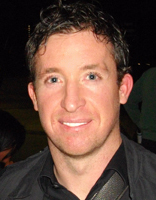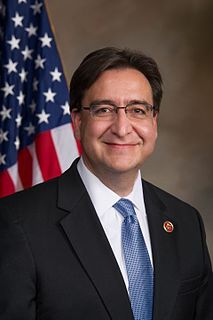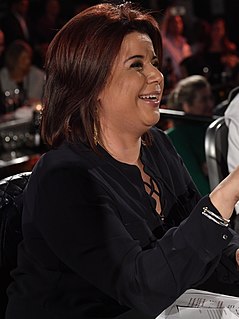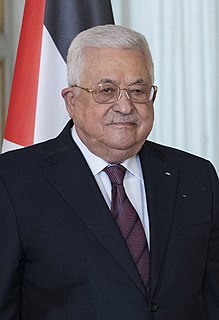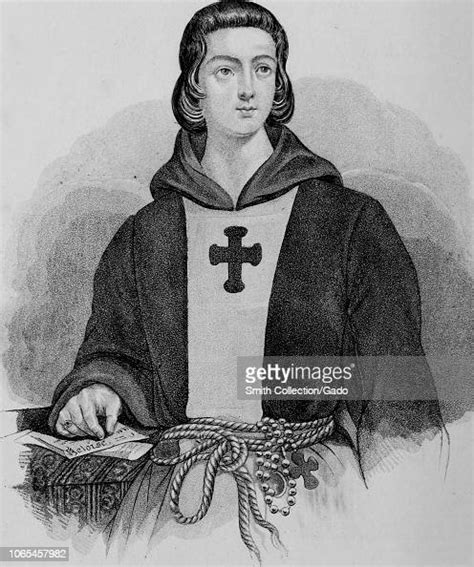A Quote by Earl Warren
When an individual is taken into custody or otherwise deprived of his freedom by the authorities in any significant way and is subjected to questioning... He must be warned prior to any questioning that he has the right to remain silent, that anything he says can be used against him in a court of law, that he has the right to the presence of an attorney, and that, if he cannot afford an attorney one will be appointed for him prior to any questioning if he so desires.
Related Quotes
Jim Jones wanted his people to believe the establishment was trying to kill him because whites were threatened by his message of racial equality. He used the incident to close ranks and turn anyone who disagreed with him into a menace. He warned his congregation that a would be assassin might try to infiltrate their church, so they had to prove their loyalty to him by never questioning his orders. Dissenters became traitors.
Asset forfeiture is a mockery of the Bill of Rights. There is no presumption of innocence, no need to prove you guilty (or even charge you with a crime), no right to a jury trial, no right to confront your accuser, no right to a court-appointed attorney (even if the government has just stolen all your money), and no right to compensation for the property that's been taken.
I would say that deconstruction is affirmation rather than questioning, in a sense which is not positive: I would distinguish between the positive, or positions, and affirmations. I think that deconstruction is affirmative rather than questioning: this affirmation goes through some radical questioning, but it is not questioning in the field of analysis.
If you're just addressing your own emotions and challenging yourself to find some sort of harmonious sense of being in life and questioning authority and questioning what's given and questioning what's expected of you, you're already on the cusp of finding something in yourself, and maybe waking something in somebody else.
But can one not conceive of a presence, and of a presence to itself of the subject before speech or signs, a presence to itself of the subject in a silent and intuitive consciousness? Such a question therefore presupposes that, prior to the sign, and outside it, excluding any trace and any différance, something like consciousness is possible.
The most important part of the practice is for the question to remain alive and for your whole body and mind to become a question. In Zen they say that you have to ask with the pores of your skin and the marrow of your bones. A Zen saying points out: Great questioning, great awakening; little questioning, little awakening; no questioning, no awakening.
The Zionist movement did not send any assistance, financial or otherwise, for the victims of Nazism and it did not allow any other side to provide any kind of aid. The Zionist movement concealed the information that came from within the ghetto walls and concentration camps, news that shed light on what was really happening. If it had to publish anything, it did so by questioning that information and diminishing its importance.
We enter our studies, and enjoy a society which we alone can bring together. We raise no jealousy by conversing with one in preference to another; we give no offence to the most illustrious by questioning him as long as we will, and leaving him as abruptly. Diversity of opinion raises no tumult in our presence: each interlocutor stands before us, speaks or is silent, and we adjourn or decide the business at our leisure.



